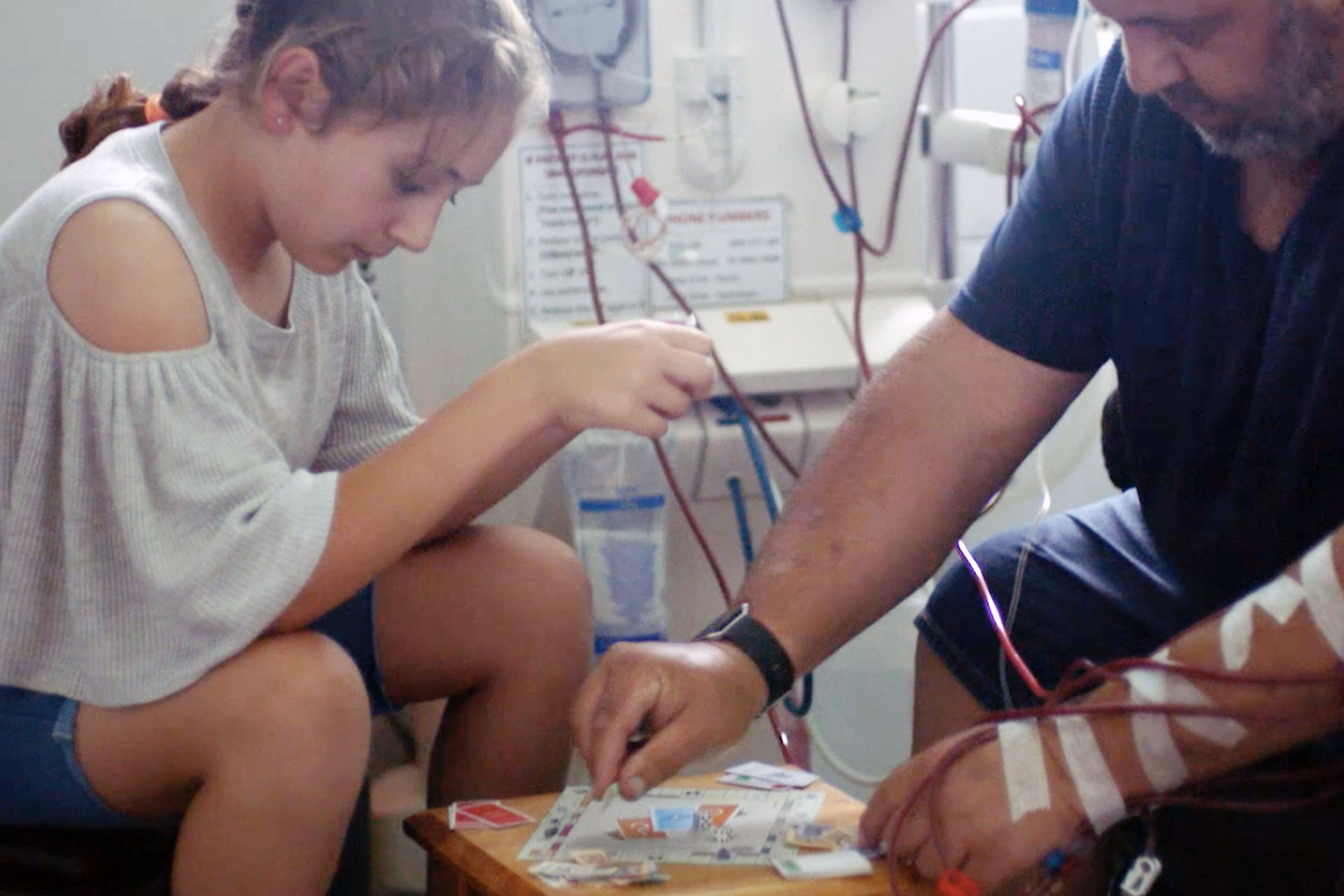-
The number of people living with diabetes is growing globally, with numbers almost quadrupling since 1980 according to the first World Health Organisation (WHO) Global report on diabetes, released today to mark World Health Day.
In 2014, 422 million adults (or 8.5% of the population) had diabetes, compared with 108 million (4.7%) in 1980. Factors driving this dramatic rise include overweight and obesity.
Stepping up prevention and treatment of diabetes
Diabetes is a chronic, progressive non-communicable disease (NCD) characterized by elevated levels of blood glucose (blood sugar). It occurs either when the pancreas does not produce enough of the insulin hormone, which regulates blood sugar, or when the body cannot effectively use the insulin it produces.
The report highlights the need step up prevention and treatment of the disease with a focus on reducing risk factors, like physical inactivity and unhealthy diets, and strengthening national capacities to help people with diabetes receive the treatment and care they need to manage their conditions.
“If we are to make any headway in halting the rise in diabetes, we need to rethink our daily lives: to eat healthily, be physically active, and avoid excessive weight gain” says Dr Margaret Chan, WHO Director-General.
Dr Oleg Chestnov, WHO’s Assistant Director-General for NCDs and Mental Health, says there needs to be global commitments to reduce diabetes.
“Many cases of diabetes can be prevented, and measures exist to detect and manage the condition, improving the odds that people with diabetes live long and healthy lives,” says Dr Oleg Chestnov.
“But change greatly depends on governments doing more, including by implementing global commitments to address diabetes and other NCDs.”
Better management of chronic conditions
Medibank’s Chief Medical Officer Dr Linda Swan says Medibank has already initiated a number of programs to support Australian’s with chronic conditions, such as diabetes.
“Around 3000 Australian patients are already participating in these programs, across over 500 GP clinics, and Medibank is also in the process of rolling CareComplete out across the country.”
The CareComplete suite of programs (CarePoint, CareFirst and CareTransition) has been introduced to support individuals with chronic and complex health needs to better manage their conditions and reduce the need for them to be admitted to hospital.
Building a healthier future for the next generation
Medibank is also committed to supporting members and all Australians to be healthy and active, with initiatives such as Growing Healthy Kids to encourage better health and wellbeing for Australian children.
“We want a healthier future for the next generation. So it’s vital that we increase awareness and take-up of healthy habits so our children are placed in good stead for a healthy adulthood,” says Dr Linda Swan, Medibank’s Chief Medical Officer.
Read the full WHO Global Report on Diabetes
Diabetes numbers have almost quadrupled since 1980

-
Innovating for members living with chronic disease
Medibank is supporting our members living with chronic diseases such as heart disease, arthritis, and diabetes, through our CareComplete programs.
-
Medibank’s palliative care at home trial
Giving our customers choice in where they would like to receive their end-of-life care can provide dignity, privacy and help them retain control over the care they receive.
-
How your phone habits affect your sleep
And what it means for your mental health, hormones and more.
-
Medibank trialling haemodialysis at home
Giving members with chronic kidney disease more choice
-
The origins of western and eastern medicine
Two schools of thought explained
-
Almost half of hospital patients are looking for more support
Find out how Medibank is helping.
Subscribe to receive the best from Live Better every week. Healthy recipes, exercise tips and activities, offers and promotions – everything to help you eat, move and feel better.
By clicking sign up I understand and agree to Medibank's privacy policy





